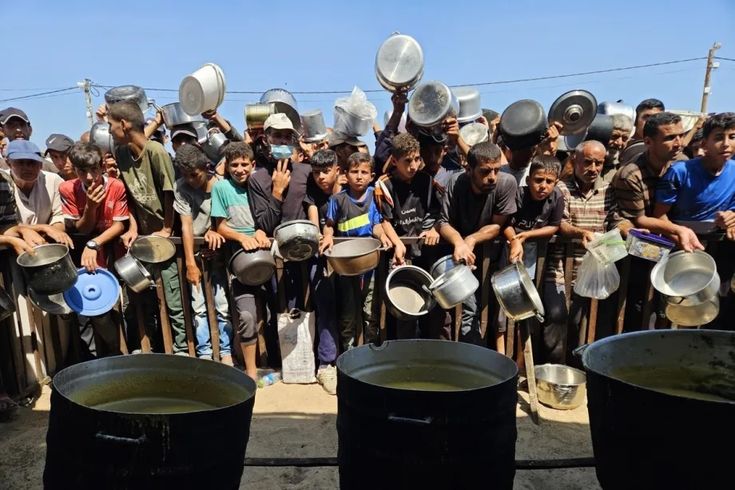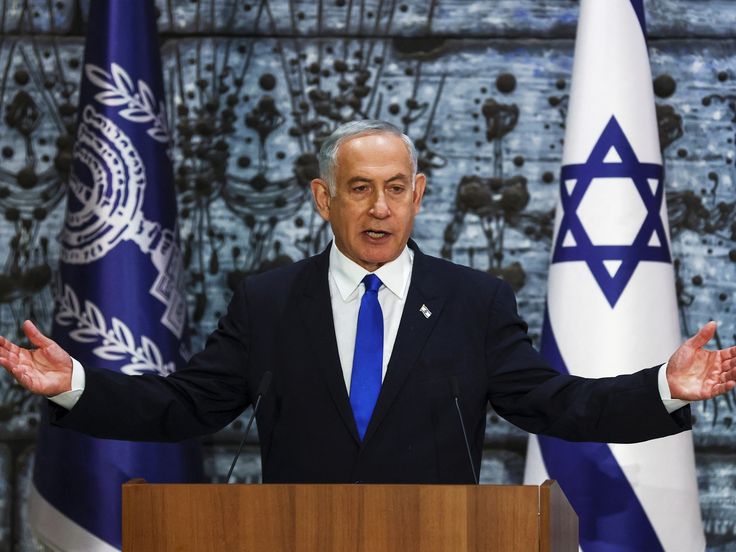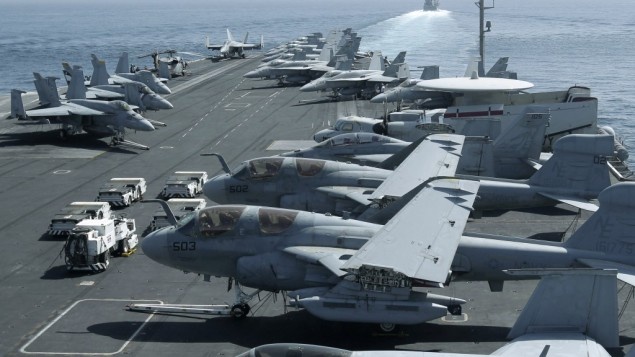Israel Gaza proportionality- Israel’s ongoing war in Gaza has been one of the most controversial military campaigns in modern history. Since October 2023, the conflict has killed tens of thousands of Palestinians, caused massive destruction across Gaza, and severely restricted food and humanitarian supplies. Supporters argue that Israel is exercising its legitimate right to self-defence following Hamas’s October 7 attacks. Critics argue that Israel’s actions have become grossly disproportionate under international law, with some even accusing it of genocide and ethnic cleansing.
This article explores what proportionality means under international law, what leading legal experts say about Israel’s conduct, and whether Israel’s military operation in Gaza still meets the legal and moral standards of proportionality.
Background: The 7 October Hamas Attacks
On 7 October 2023, Hamas launched a coordinated attack on southern Israel, killing about 1,200 people, including civilians at homes, military posts, and a music festival. The attackers also took 251 hostages back into Gaza. These attacks were later described by the United Nations’ human rights body as war crimes and crimes against humanity.
Israeli Prime Minister Benjamin Netanyahu immediately declared that Israel had the right to defend itself, calling the military campaign a “just war.” Israel vowed to destroy Hamas completely and secure the return of all hostages. Netanyahu stressed in January 2024 that “Israel’s commitment to international law is unwavering.”
But after nearly two years of sustained military operations, growing international criticism questions whether Israel’s actions have crossed the threshold of proportionality.
Understanding Proportionality in International Law
Proportionality is a key principle in the laws of armed conflict, detailed in the Geneva Conventions and customary international law. It means that the harm caused to civilians and civilian property during military operations must not be excessive compared to the direct military advantage anticipated.
There are two levels of proportionality assessment under international law:
- Overall Military Response:
When a state claims self-defence, its entire military campaign must be proportionate to the threat being addressed. If the threat is neutralised, continuing offensive operations may no longer be legally justified. - Individual Attacks:
Each specific military action (e.g., air strike, artillery strike) must be judged by whether the expected civilian harm is excessive relative to the concrete military advantage gained.
Importantly, intentional targeting of civilians is always illegal, regardless of proportionality considerations.
Expert Opinions: Is Israel’s Conduct Proportionate?
BBC Verify consulted leading experts in international humanitarian law, and the vast majority said that Israel’s actions in Gaza cannot be considered proportionate.
- Prof Janina Dill (Oxford): “I would struggle to see how Israel’s military conduct in Gaza could potentially be characterised as proportionate.”
- Dr Maria Varaki (King’s College London): “It is undisputable that the use of force in Gaza has been disproportionate.”
- Prof Yuval Shany (Hebrew University of Jerusalem): “The military campaign can no longer be seen as proportionate.”
- Prof Asa Kasher (Tel Aviv University): Even as the author of the IDF’s first code of ethics, Kasher admitted the number of civilians killed “seems too high” to satisfy proportionality.
Civilian Casualties and Humanitarian Impact
According to Gaza’s Hamas-run Ministry of Health, over 64,500 people have been killed, nearly half of them women and children. Israel disputes these numbers, but the UN cites them as the most reliable available.
UN Secretary-General António Guterres said that “the levels of death and destruction in Gaza are without parallel in recent times.”
Israel says it has killed around 20,000 Hamas fighters, but it does not publish detailed breakdowns or provide open access for foreign media to verify.
Human rights advocates argue that the scale of civilian harm indicates a violation of the proportionality principle. Israel counters that Hamas deliberately embeds its fighters in civilian areas, including hospitals and schools, thereby making civilian casualties inevitable.

Starvation and Blockade: The Humanitarian Crisis
Israel tightened its blockade of Gaza after 7 October and in March 2024 imposed a total blockade on aid entry. Israel claims this was necessary to prevent Hamas from stealing supplies for military use. Hamas denies the accusation.
The UN condemned the blockade, accusing Israel of using food as a “weapon of war,” which is illegal under international law.
Prof Mary Ellen O’Connell (University of Notre Dame) explains: “You must permit the entry of humanitarian assistance to the civilian population. You cannot use starvation. There are certain weapons you can never use.”
A quarter of Gaza’s population is in famine, according to the UN-backed IPC hunger monitor, though Israel’s government rejects this report as “fabricated.”
In May 2025, Israel introduced a new food distribution system under the Gaza Humanitarian Foundation (GHF), backed by the US and Israel. However, rights groups claim that aid seekers are frequently shot at near distribution sites, with over 2,000 people killed near aid convoys, most allegedly by Israeli forces.
Destruction of Gaza’s Infrastructure
The UN estimates that 42% of buildings in Gaza are destroyed and 37% damaged. Israeli ministers have made statements suggesting intent to destroy Gaza entirely.
Prof Emily Crawford (University of Sydney) argues that “complete destruction of infrastructure necessary for the survival of the civilian population… is clearly disproportionate.”
Lord Jonathan Sumption, former UK Supreme Court Justice, wrote: “The destruction of Hamas is probably unachievable by any amount of violence, but it is certainly unachievable without a grossly disproportionate effect on human life.”
Assessing Individual Strikes
Proportionality must also be applied to each individual attack.
On 27 June 2025, Israel struck near Palestine Stadium in Gaza City, targeting what it called “a suspicious individual.” At least 11 people, including children, were killed. Israel claims it took steps to minimise harm.
Sir Geoffrey Nice KC, a former UN prosecutor, said: “The number of innocent Palestinians killed would seem very hard to justify by the search for an individual Hamas person, however senior that person might be.”
Israel argues that without full intelligence available, outsiders cannot judge proportionality of individual strikes.
The Right to Self-Defence and Occupation Debate
Israel cites Article 51 of the UN Charter to justify its actions as self-defence. But critics argue that Gaza is legally still an occupied territory, meaning Israel cannot claim self-defence against a population it controls.
Francesca Albanese, UN Special Rapporteur for human rights in the Palestinian territories, says: “Israel has completely capsized the principles of distinction, necessity, and proportionality in international law.”
Israel rejects this view, insisting that it ended its occupation in 2005 with its disengagement from Gaza. The UN, however, continues to consider Gaza occupied because Israel controls its borders, airspace, and sea access.
Israel’s Stated Goals: Self-Defence or Total Destruction?
Statements by Israeli leaders suggest aims beyond neutralising Hamas. Finance Minister Bezalel Smotrich said Israel’s goal was “destroying everything that’s left of the Gaza Strip.”
Such rhetoric has led some analysts to argue that Israel’s campaign is more about retribution and territorial control than pure self-defence.
Prof Gerry Simpson (LSE) argues that “the Israeli response looks more like revenge, or the continuation of a long-running erasure of Palestinian identity, than anything one could call ‘legitimate self-defence’.”

International Legal Proceedings
In late 2024, the International Criminal Court (ICC) issued arrest warrants for Netanyahu, former Defence Minister Yoav Gallant, and Hamas military chief Mohammed Deif (whom Israel claims to have killed).
South Africa has also brought a genocide case against Israel at the International Court of Justice (ICJ), which is ongoing. Israel calls the charge baseless.
International justice may take years, but these cases could eventually provide definitive legal conclusions about proportionality and war crimes.
Conclusion: A War Under Global Scrutiny
Nearly all experts consulted by BBC Verify conclude that Israel’s overall operation in Gaza has become disproportionate. Even some who initially defended Israel’s right to self-defence argue that the continuation of the campaign, given the scale of death and destruction, no longer meets international legal standards.
Prof Yuval Shany summarised it well: “There seems to have been a point crossed at which Hamas has been weakened to such a degree that the continuation of the military campaign can no longer be seen as proportionate in nature, given its extensive scope, scale and consequences.”
Despite international criticism, Israel maintains that it follows the laws of war and continues operations to eliminate Hamas threats. Meanwhile, the humanitarian toll in Gaza continues to mount, leaving the world divided on whether this is a just war — or a grave violation of international law.
Source: BBC News – Ros Atkins on Israel’s War in Gaza and Proportionality



